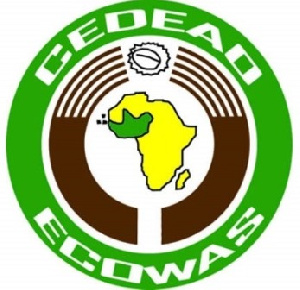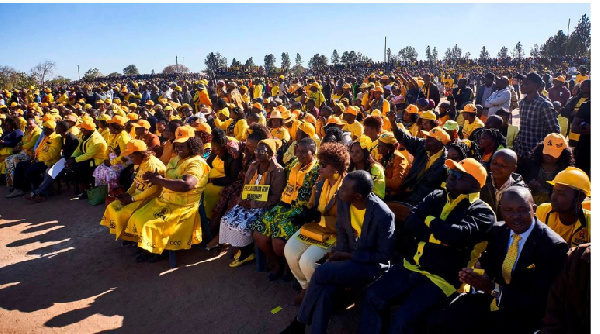ECOWAS pushes Mali to hold elections next month

The Economic Community of West African States, or ECOWAS, has been pushing Mali’s military government to allow elections by February.
This week, the group sent a mediator, former Nigerian President Goodluck Jonathan, to deliver a message ahead of a summit on Mali, which experienced a coup last May. Coup leaders recently announced a plan for a five-year transition to democracy.
Goodluck Jonathan was in Mali to meet with Mali’s transitional leaders, including President Assimi Goita, ahead of an ECOWAS summit on Mali which will be held this Sunday in Ghana.
President Goita and the ECOWAS delegation spent almost two hours talking at Mali’s presidential palace. Jonathan briefly addressed the press but did not disclose the contents of Wednesday’s meeting.
“The key thing is that we have been properly briefed, and we are conveying that to the authorities and heads of state and government of the ECOWAS community,” said Jonathan. “That is what we can tell you now.”
ECOWAS has been pressuring Mali’s military government to hold elections in February. This past December, military leaders submitted a five-year plan to ECOWAS which proposes the next presidential election be held in 2026.
ECOWAS has already imposed financial and travel sanctions on members of Mali’s military government and threatens further penalties if the February election deadline is not met.
Fousseini Diop, civic engagement program manager at AJCAD, the Youth Association for Active Citizenship and Democracy, says that if further sanctions are economic, it could be devastating for the Malian population.
He says, If ECOWAS doesn’t take its responsibility, he thinks that will be a precedent. He says another coup d’etat already happened in Guinea. He says this would mean that today, “we can come to power without going through the ballot box, and that means that we will continue with perpetual coups, and this will encourage other groups who will wait one year or two years to overturn those in power because they know that at the end of the day, nothing will be done.”
A coup in Guinea last September led to the ouster of that nation’s president, Alpha Conde.
Kalilou Sidibé, professor of political science and international relations at the University of Bamako, says that ECOWAS and Mali’s transitional leaders are likely to come to an agreement on a future presidential election date – one much sooner than the 2026 elections proposed by the military.
He says if ECOWAS stands firm in its position to organize elections no later than February 27, 2022, the crisis could continue and the Malian government will take action. He said he doesn’t think Mali is going in that direction. He says ECOWAS will maybe tell transitional leaders that they can grant a timeline of eight months beyond February, at which point they should organize elections.
Both Diop and Sidibé affirmed that ECOWAS has protocols in place for a coup, and that further action against Mali’s leaders should be expected if they cannot work with ECOWAS to agree on a timeline for a return to civilian rule.
Source: today.ng






